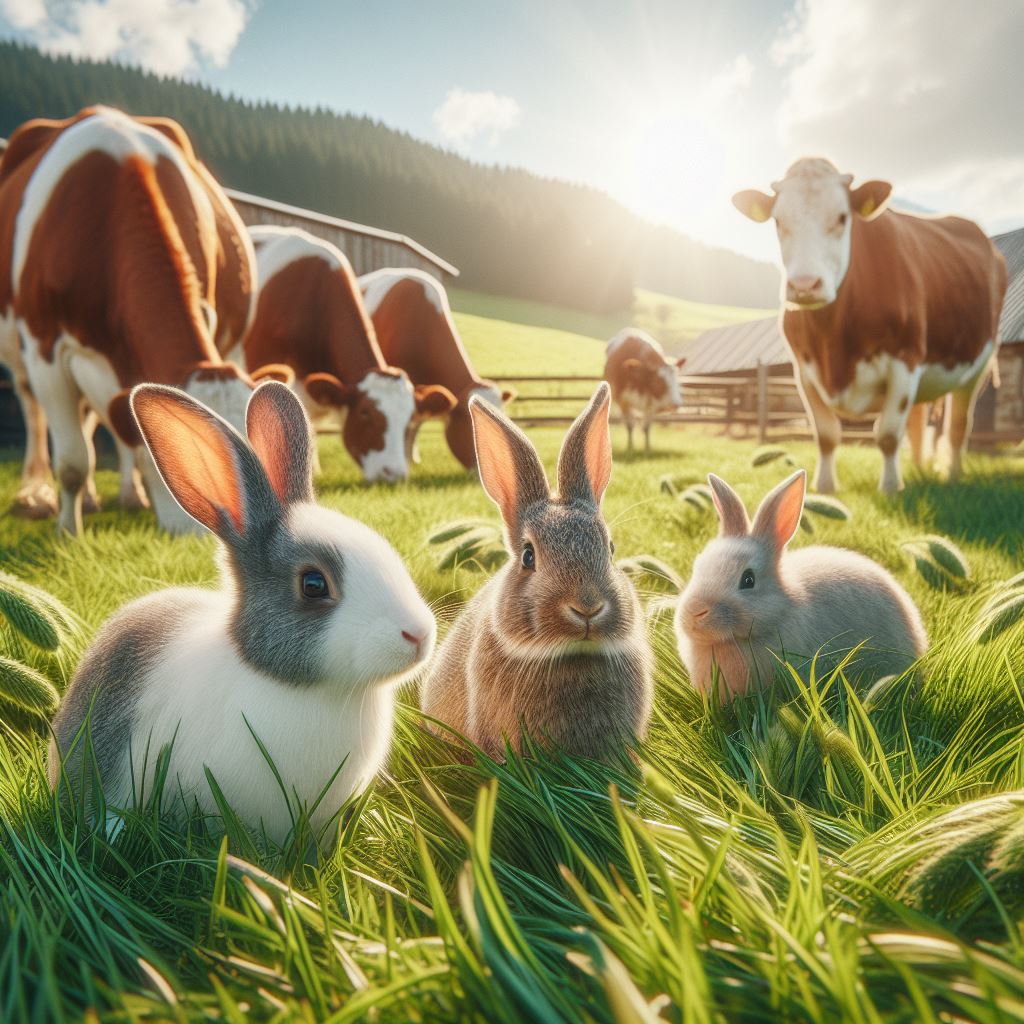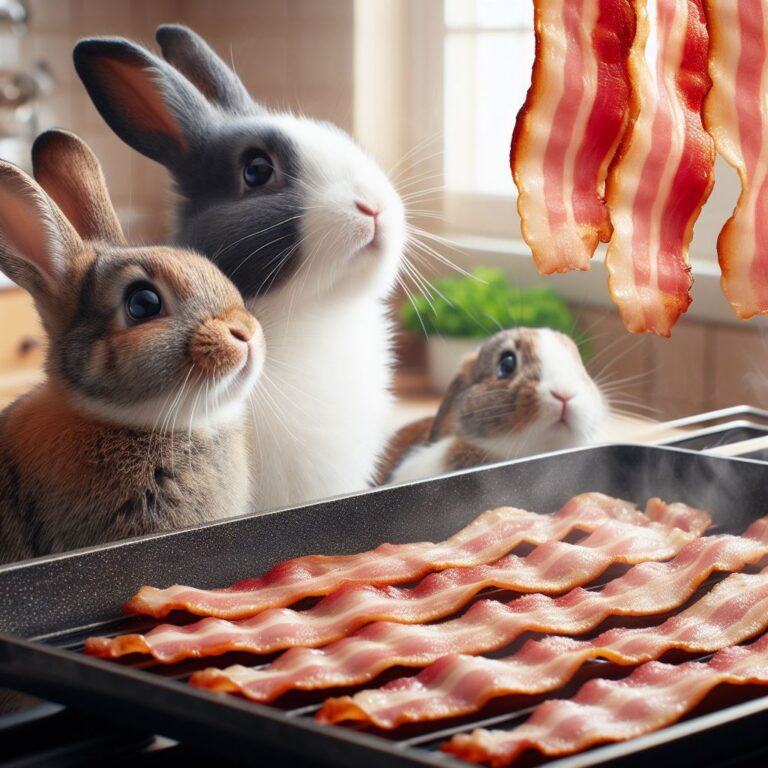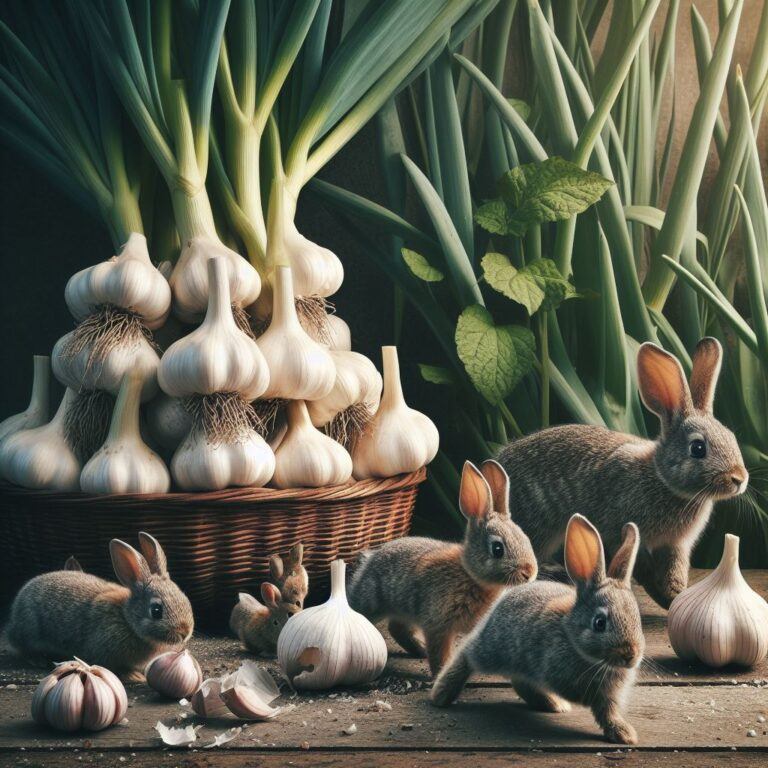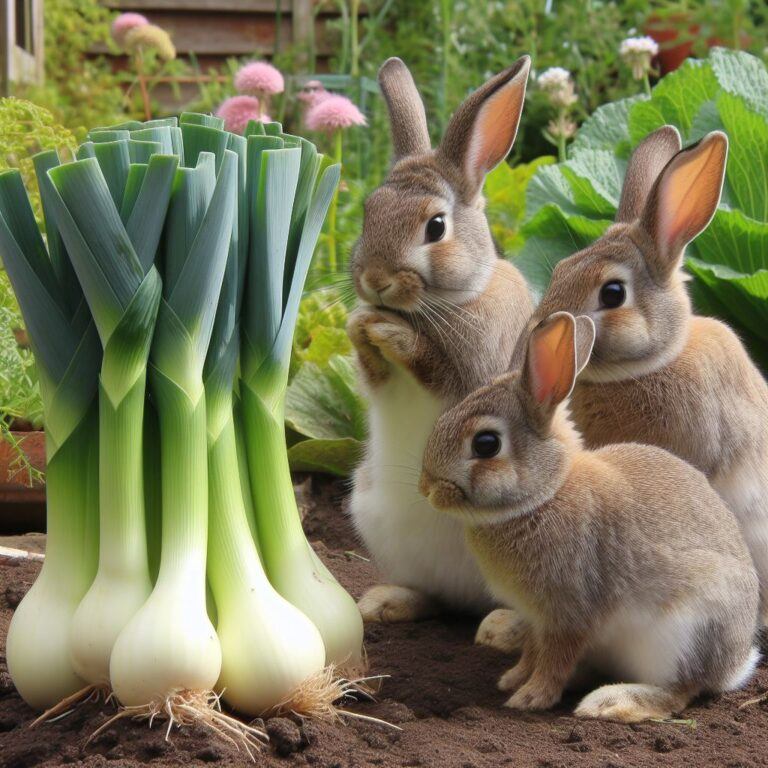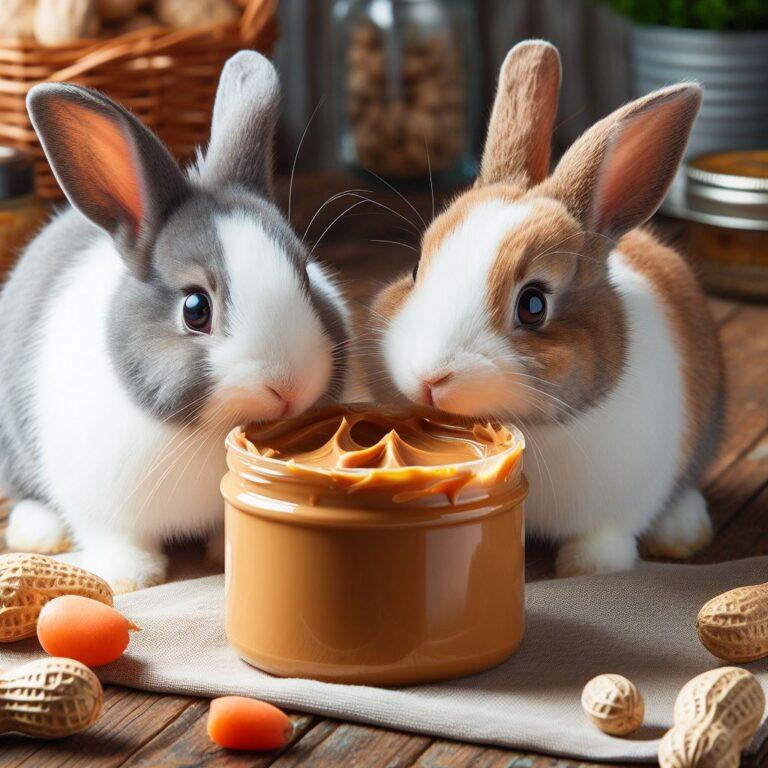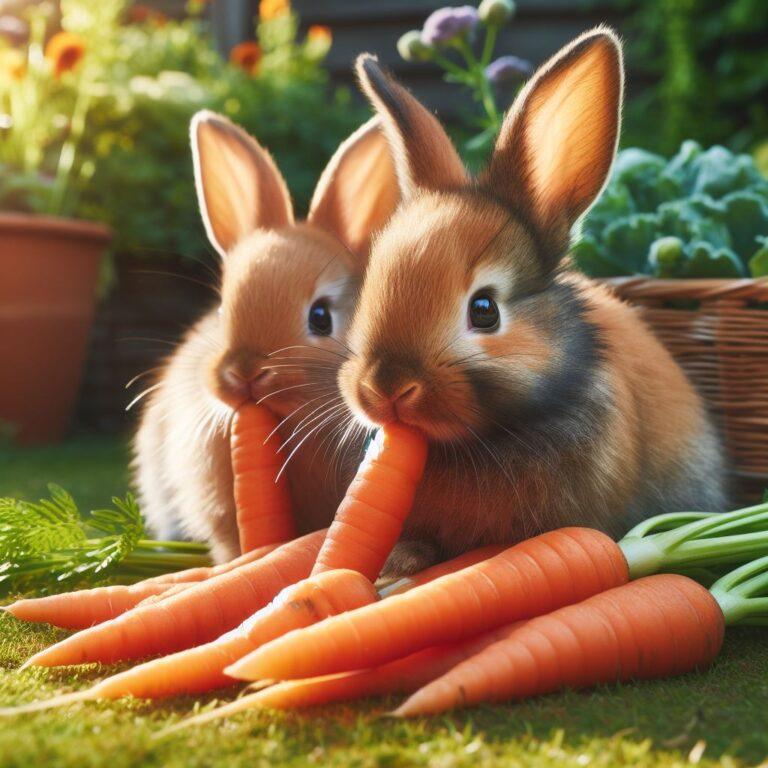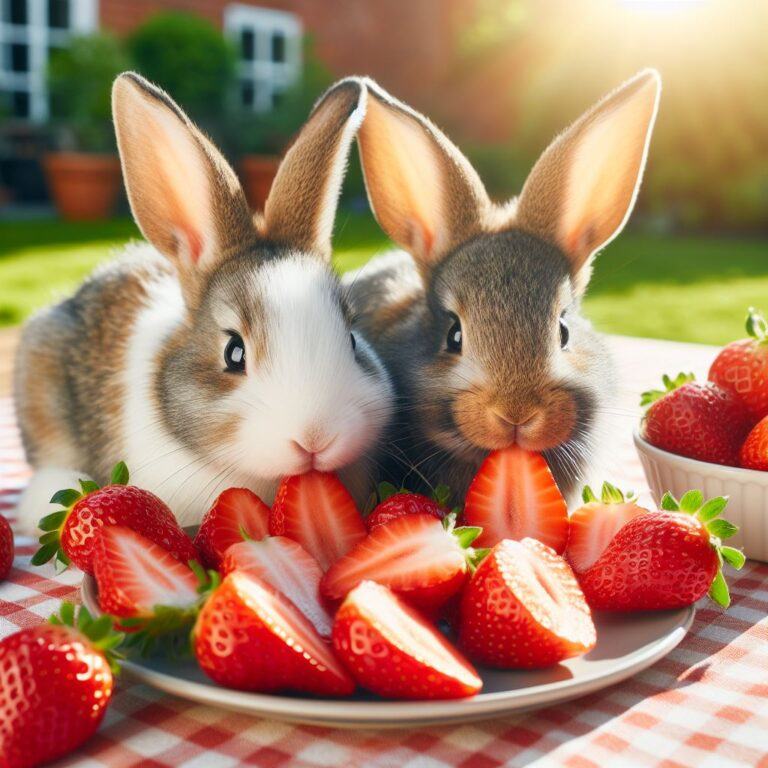Can Rabbits Safely Eat Beef
No, rabbits cannot safely eat beef. They are herbivores with a gastrointestinal tract that evolved to ferment high-fiber plant material. Consuming beef, or any meat for that matter, could disrupt their gastrointestinal balance, leading to serious health issues.
Unlike carnivorous animals that have acidic stomachs to break down proteins in meat, rabbits have a more basic pH level in their gut designed for fermenting fibrous vegetation.
Offering beef to rabbits isn’t just unnecessary; it poses significant health risks. Their long and complex digestive tract just isn’t geared to handle the proteins and fats present in beef.
This can lead to digestive upsets, diarrhea, or worse, GI stasis, a life-threatening condition where the digestive system slows down or stops completely.
Experts and veterinarians consistently advise against including meat in a rabbit’s diet. Such practices go against a rabbit’s natural eating habits and nutritional requirements.
The risks far outweigh any perceived benefits, making it clear that beef should never be a part of a rabbit’s meal plan.
Understanding a Rabbit’s Dietary Needs
Rabbits are herbivores through and through, and thrive on a diet rich in high-fiber plant material. In the wild, these furry creatures munch on a variety of grasses, leaves, and herbs, foods that are tough and rich in fiber.
A fiber-rich diet isn’t just a preference for rabbits; it’s a necessity. The continuous growth of their teeth and the need to keep their complex digestive system in motion mean that high-fiber foods like hay are essential.
Without sufficient fiber, rabbits can suffer from serious health issues, including gastrointestinal stasis, a potentially fatal condition.
Supplementing a domestic rabbit’s diet might seem straightforward, but there’s a science to it. Fresh vegetables can be introduced, but they should complement, not replace, the hay that must form the bulk of their diet.
Leafy greens like romaine lettuce, spinach, and kale are excellent choices. On the other hand, starchy or sugary foods, including fruit, should be offered sparingly due to the potential to cause digestive problems.
While commercial rabbit foods can be convenient, it’s important to analyze their quality. Pellets should be high in fiber and low in fat and protein.
They shouldn’t be full of seeds, nuts, or colorful pieces that are more appealing to human shoppers than beneficial for rabbit health.
I rely on a simple rule of thumb when choosing commercial food for rabbits: the fewer the ingredients and the closer they are to natural rabbit forage, the better.
Believe me when I say that no special item or complicated method is needed to keep your rabbit’s diet healthy.
Regular, unlimited access to fresh hay, along with a small, measured amount of pellets and a daily portion of fresh vegetables, such as bell peppers, green beans, or broccoli will go a long way.
Maintaining a simple, steady diet enhances digestion and overall wellness.
Safe Treats and No-nos for Bunny Diets
When it comes to pampering your rabbit with treats, it’s crucial to stick to options that cater to their unique digestive system. The best treats for rabbits are typically what they would find in their natural environment.
This means leaning towards green, leafy vegetables like romaine lettuce, kale, and spinach, or herbs such as basil and cilantro. Small amounts of fruits like apples or berries can be offered occasionally due to their high sugar content.
Introducing new foods into your rabbit’s diet should always be done gradually. A sudden shift in diet can cause digestive upset. Start with tiny amounts to monitor your rabbit’s reaction when you offer new vegetables or fruits.
Withdraw the food if there is any sign of digestive trouble, such as diarrhea or decreased appetite.
Recognizing the value of expert guidance, always check with your veterinarian before you add any new foods to your rabbit’s diet. They can provide you with an individual assessment based on the age, health, and special needs of your rabbit.
Lastly, having a consistent feeding schedule is very important when it comes to your rabbit’s health. A steady diet, avoiding sudden changes, helps ensure your bunny remains happy and healthy.
Remember, the primary component of their diet should always be high-quality hay, complemented by appropriate vegetables, and only the occasional fruit snack as a special treat.

